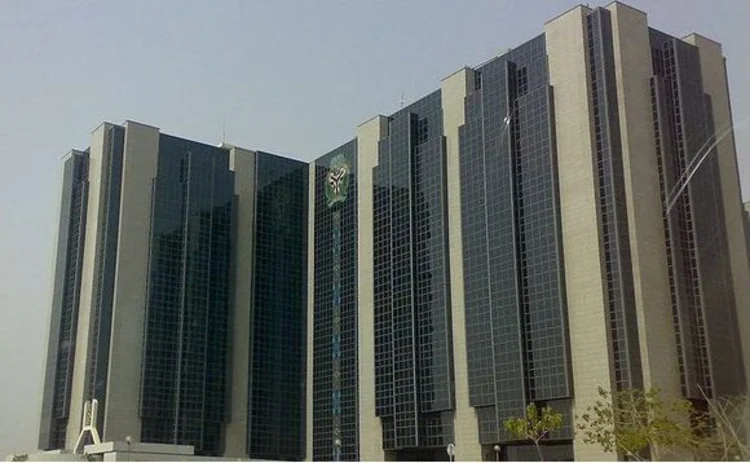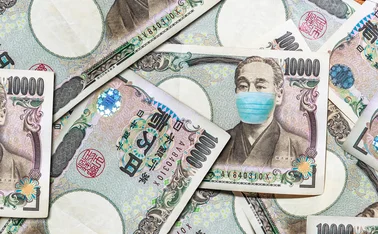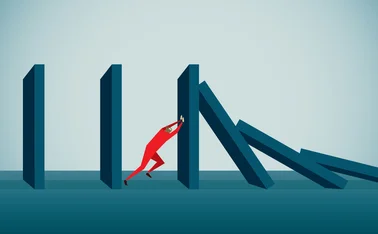
Sanusi’s crackdown should be applauded

On 14 August, Lamido Sanusi, the governor of the Central Bank of Nigeria, gathered the heads of the country's biggest banks together in Lagos and announced that a capital injection of N420 billion would be made in five institutions that had been found to be undercapitalised, with their management teams replaced.
Sanusi said he removed the heads of Intercontinental Bank, Oceanic Bank, Union Bank, FinBank and Afribank over poor decision-making which led to a raft of bad loans, the scale of which forced the central bank to make a N420 billion ($2.6 billion) injection in the five.
The central bank governor is allowed to do so under Nigeria law. However, the move sparked an outcry from some stakeholders who criticised the action for destabilising the banks, terming it rash and arguing that it was unclear whether or not they were troubled without an audit. The management teams were replaced only after a special investigation into the banks revealed the extent of mismanagement at the five institutions, which had left them undercapitalised. One of the institutions was even found to be insolvent. The findings of the joint special investigation by the central bank and Nigeria Deposit Insurance Corporation had been communicated to management teams during exit interviews following the audit. In our view, the action taken by the central bank to safeguard the stability of the sector, and boost overall transparency, was the right thing to do.
Despite the controversy surrounding this action, we believe the central bank should be applauded for its efforts to boost transparency. The capital injection and the appointment of new management makes these banks - and, more importantly, the financial system as a whole - more, not less, sound.
That the banks were troubled institutions was clear from their excessive use of the discount window (the governor said that the five accounted for almost 90% of discount-window loans). Not all banks needed to be audited for this to be revealed. .And capacity issues alone would have suggested some need to prioritise and be selective in the choice of institutions to be audited.
As it turns out, an element of self-selection was already underway, with banks who were heavy users of the discount window becoming strong candidates for further investigation. But no audit carried out in the public eye could focus solely on the troubled institutions. With ten banks subject initially to a special investigation, that has now been extended to include all financial institutions operating in Nigeria.
By allowing for the recapitalisation of essentially failing institutions, the central bank has protected depositors who might otherwise have lost everything. Shareholders too are better off and should not complain about dilution. The alternative might have been to hold stock in an undercapitalised institution, conceivably worthless once the true state of affairs was revealed. At least this way, outright bank failure was averted, and depositor confidence in the Nigerian banking sector was maintained.
As for the chief executives of these banks, who clearly mismanaged these institutions, allowing them to remain in place following the findings of the special investigation would have involved a significant moral hazard. Following the regulator's findings which called into question their suitability for managing depositors' funds, a range of charges have been brought against them, stemming from the reckless granting of loans (in many instances without collateral), failure to ensure the correctness of returns to the central bank, and share price manipulation.
Confidence matters. Especially given the debt crisis that the country's banking sector is facing. The cost of taking action now is far less than the potential cost to the banking sector and the wider economy if action had been delayed. Had the systemic risk got out of hand, the ultimate cost of a banking sector rescue would have been astronomical. Early action, ringfencing the most troubled institutions also allows for a more rapid, sustainable recovery of the interbank market, and a return to eventual healthier rates of credit extension.
As policymakers around the world tread a cautious path between tightening regulation and supporting recovery, Nigeria's latest actions show strong resolve in the intention to work out past supervisory failures. The banking system is in better shape as a result of these reforms. Ultimately, it is Nigeria's economy that will benefit.
Only users who have a paid subscription or are part of a corporate subscription are able to print or copy content.
To access these options, along with all other subscription benefits, please contact info@centralbanking.com or view our subscription options here: www.centralbanking.com/subscriptions
You are currently unable to print this content. Please contact info@centralbanking.com to find out more.
You are currently unable to copy this content. Please contact info@centralbanking.com to find out more.
Copyright Infopro Digital Limited. All rights reserved.
As outlined in our terms and conditions, https://www.infopro-digital.com/terms-and-conditions/subscriptions/ (point 2.4), printing is limited to a single copy.
If you would like to purchase additional rights please email info@centralbanking.com
Copyright Infopro Digital Limited. All rights reserved.
You may share this content using our article tools. As outlined in our terms and conditions, https://www.infopro-digital.com/terms-and-conditions/subscriptions/ (clause 2.4), an Authorised User may only make one copy of the materials for their own personal use. You must also comply with the restrictions in clause 2.5.
If you would like to purchase additional rights please email info@centralbanking.com







